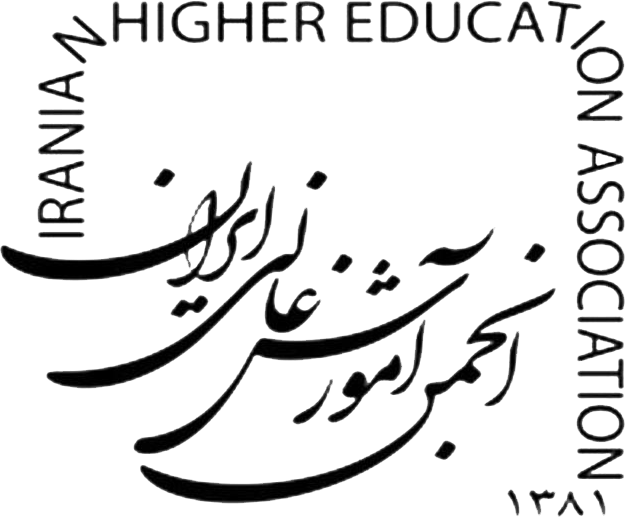Volume 16, Issue 2 (2024)
ihej 2024, 16(2): 1-15 |
Back to browse issues page
Download citation:
BibTeX | RIS | EndNote | Medlars | ProCite | Reference Manager | RefWorks
Send citation to:



BibTeX | RIS | EndNote | Medlars | ProCite | Reference Manager | RefWorks
Send citation to:
Arasteh H. Engineering Education: Realities and Expectations. ihej 2024; 16 (2) :1-15
URL: http://ihej.ir/article-1-2064-en.html
URL: http://ihej.ir/article-1-2064-en.html
Professor of Higher Education Administration, Kharazmi University, Faculty of Psychology and Education, Tehran, Iran. , arasteh@khu.ac.ir
Abstract: (1980 Views)
The continuous increase in the complexity of knowledge, innovations and society's expectations from universities has affected the way engineering faculty members teach and also their thinking for educating students. Education has always been referred to as a virtue including the virtue of creating mental discipline, the virtue of knowledge transfer, the virtue of applying knowledge, the virtue of training practical capabilities and skills to learners. In order to achieve these virtues, professors have tried to transmit a large amount of information, along with a set of accepted ideas and principles, using various methods. Students, receiving a large amount of information, insist more on the power of their memory to succeed in university, and are rarely challenged by practical confrontation with conflicting values and ideas. After entering the labor market, students also face problems that they most likely do not have the necessary capabilities to solve them.
This study, while reviewing two epistemological and political philosophies and their relationship with professional capabilities and the employment of graduates, evaluates the realities, expectations, analyses and recommendations about engineering education. Furthermore, by referring to some policies, recommendations of concetuencies and researchers about the state of engineering education, the author analyzes their thoughts on teaching and learning. Then, the necessity of practice and practical training, paying attention to hard and soft skills as the main strategy of engineering education, the formation of identity, and the problem of students' dependence on computers and technologies are discussed. Accordingly, the article emphasizes the necessity of revising education based on competency standards, increasing problem-solving abilities, and paying attention to strengthening decision-making skills in training engineering students.
This study, while reviewing two epistemological and political philosophies and their relationship with professional capabilities and the employment of graduates, evaluates the realities, expectations, analyses and recommendations about engineering education. Furthermore, by referring to some policies, recommendations of concetuencies and researchers about the state of engineering education, the author analyzes their thoughts on teaching and learning. Then, the necessity of practice and practical training, paying attention to hard and soft skills as the main strategy of engineering education, the formation of identity, and the problem of students' dependence on computers and technologies are discussed. Accordingly, the article emphasizes the necessity of revising education based on competency standards, increasing problem-solving abilities, and paying attention to strengthening decision-making skills in training engineering students.
Type of article: Review |
Subject:
Special
Received: 2024/10/20 | Accepted: 2024/08/31 | ePublished ahead of print: 2025/01/22
Received: 2024/10/20 | Accepted: 2024/08/31 | ePublished ahead of print: 2025/01/22
Send email to the article author
| Rights and permissions | |
 |
This work is licensed under a Creative Commons Attribution-NonCommercial 4.0 International License. |




